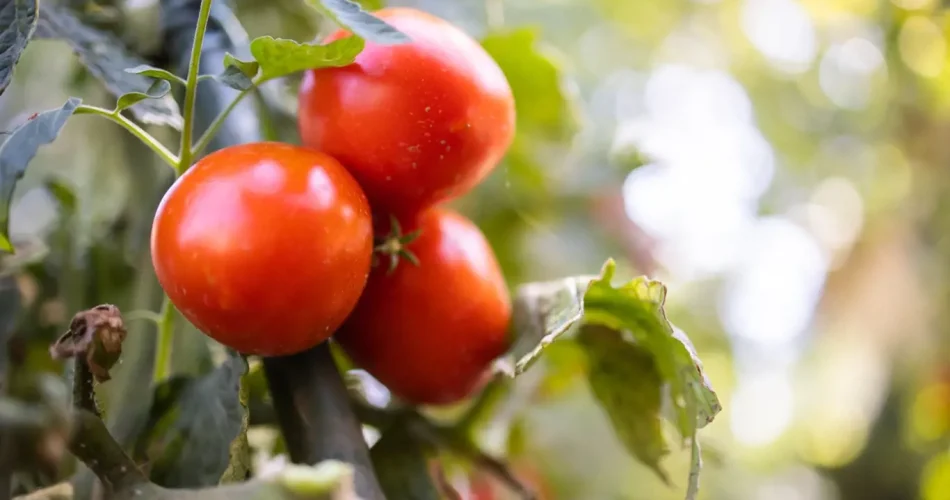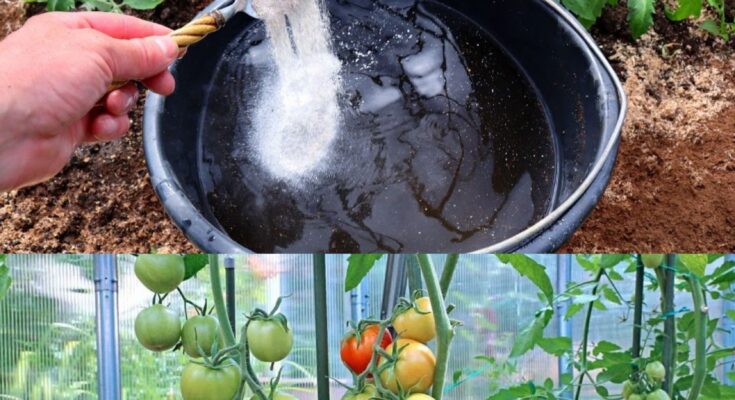Home Garden Tips

Sow these plants next to tomatoes and you will have an incredibly good harvest
Plant these companions near your tomatoes for an exceptionally bountiful harvest.
This guide explores the age-old practice of companion planting, which leverages the natural synergies between different plant species to enhance garden yield, health, and fruit flavor. Discover the ideal companions for your tomato plants:
Tomatoes, a staple in gardens worldwide, are celebrated for their vibrant flavors which range from sweet to slightly tangy. These flavors make tomatoes a favorite in salads, sauces, and sandwiches. To maximize your tomato yield and enhance their flavor, it’s crucial to consider their neighboring plants.
Rich in vitamins C and K, along with lycopene, potassium, and fiber, tomatoes not only nourish us but also symbolize the joys of summer gardening. Available in a spectrum of colors—from deep reds to bright yellows and even purple hues—tomatoes bring visual delight and diverse culinary possibilities.
This versatile fruit is a cornerstone of healthy living and a source of pleasure for garden enthusiasts. Learn about nine plants that are beneficial to grow alongside tomatoes by watching the Gardening ABC YouTube video.
Discover the foundational principles of companion planting, which uses the inherent relationships between plants to foster better growth, health, and fruit quality. Some plants repel pests, others attract pollinators, and some can even enhance the taste of neighboring fruits.
Here are some top companions for tomatoes:
- Basil: Enhances tomato flavor and repels pests like aphids and mosquitoes.
- Marigolds: Their bright blooms repel soil pests and beautify the garden.
- Carrots: Help aerate the soil and improve nutrient access for tomatoes.
- Onions and Garlic: Their strong scents repel pests and prevent fungal diseases.
- Watercress: Offers quick ground cover to maintain soil moisture and suppress weeds.
- Cabbage and its kin: Benefit from tomatoes’ ability to repel common pests like aphids.
When designing your garden, consider the spatial layout to ensure plants have sufficient space to thrive. For instance, basil works well planted directly next to tomatoes, while marigolds can form a protective perimeter.
Be mindful of plants that may negatively interact with tomatoes, like corn, which attracts pests that could also target tomatoes, and potatoes, which may share diseases.
Companion planting is both an art and a science. Through trial and observation, you can determine the most effective plant combinations for your specific garden conditions. Enjoy the rewards of a lush tomato harvest and cherish the enriching experience of nurturing your garden.



